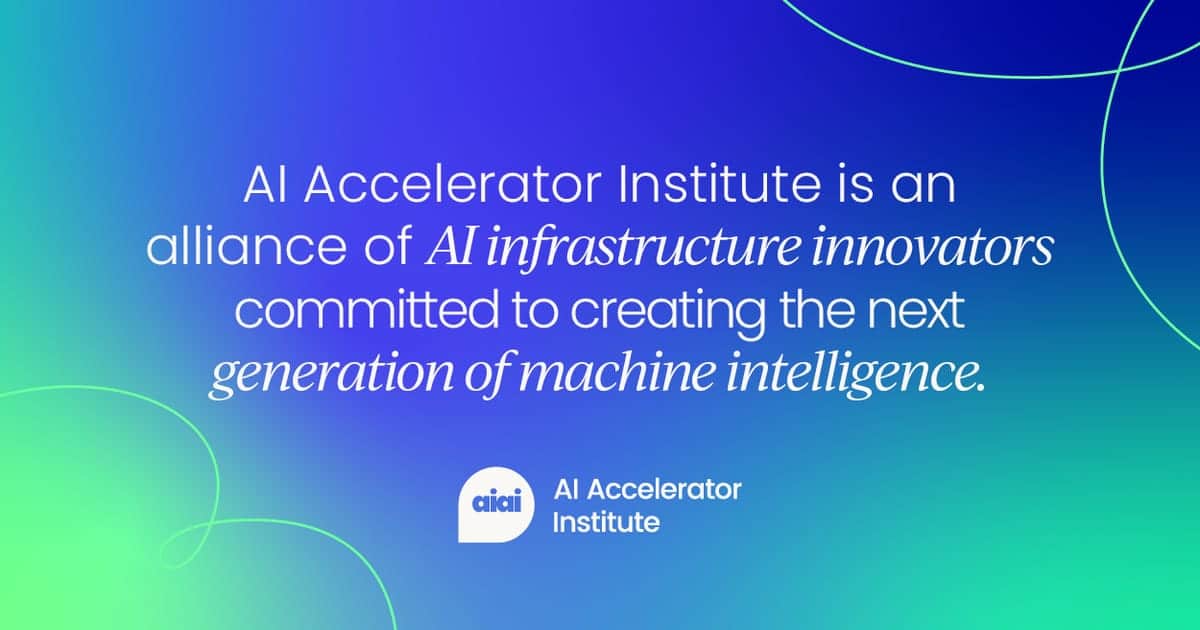In the April edition of AI Circuit, advances in artificial intelligence are setting the pace in various technological fields, with a particular focus on the transformation of digital infrastructure. It is expected that in the near future, the management of everyday tasks such as booking flights or managing personal data will be performed without human intervention, thanks to artificial intelligence agents that will use what has been termed “agent passports”. These cryptographic credentials will allow for smooth coordination between different agents, as well as offering more efficient management of user privacy and data security.
One of the most notable releases this month is Google’s Gemini 2.5 Flash. This hybrid model gives users the ability to control the level of reasoning they require in each situation. With its ability to provide quick and adjustable responses, Gemini 2.5 optimizes the relationship between speed, quality, and cost, setting a new benchmark in the use of AI models.
In the field of information technology operations, the use of AIOps is revolutionizing the way services are managed. The implementation of predictive maintenance and automated incident responses has resulted in a significant reduction in service disruptions, which is particularly advantageous for financial institutions. These organizations have reported notable advances in problem detection and resolution.
Microsoft has also contributed to the technological landscape with its new low-power language model, BitNet b1.58 2B4T. This model uses only one-eighth of conventional memory and operates with three values: -1, 0, and 1. This innovation demonstrates that effectiveness and power do not always depend on the physical size of a model.
Furthermore, the 8-bit quantization technique is emerging as an effective strategy for reducing the size of AI models without compromising their accuracy. This allows companies to implement AI solutions that are more sustainable and accessible.
In conclusion, the future of artificial intelligence is not limited to creating more powerful systems, but rather focuses on making these technologies more accessible and efficient. Competition to develop the right infrastructure will be a crucial factor in determining who will lead this new digital era.
via: MiMub in Spanish










